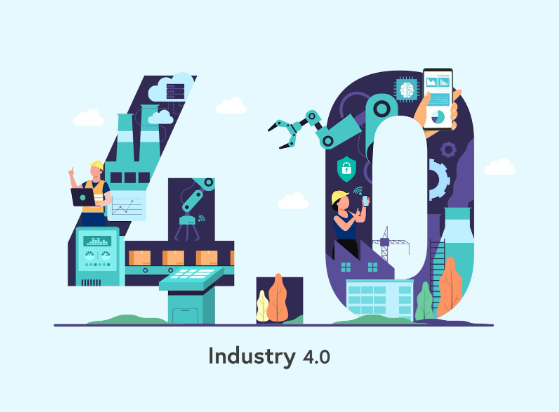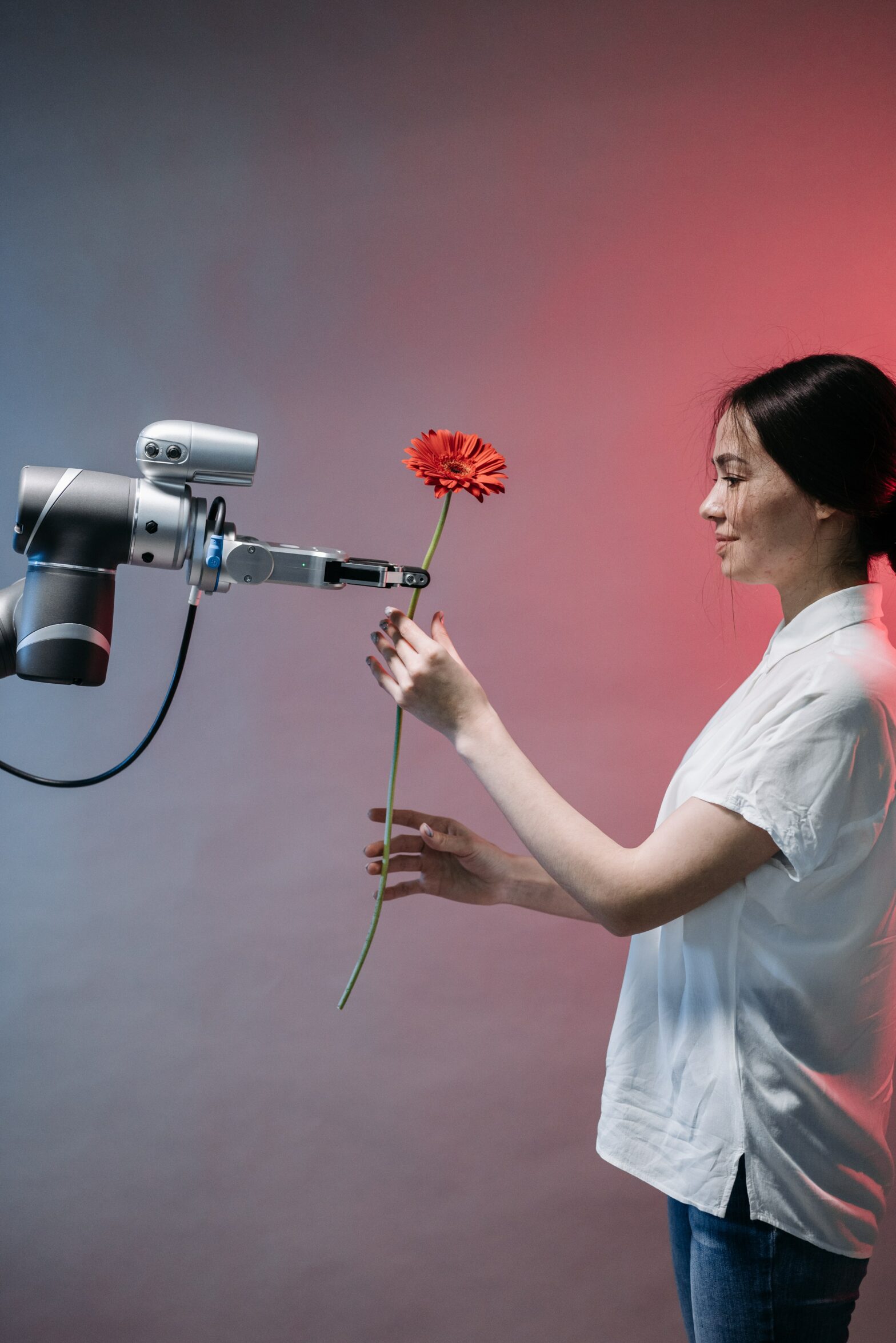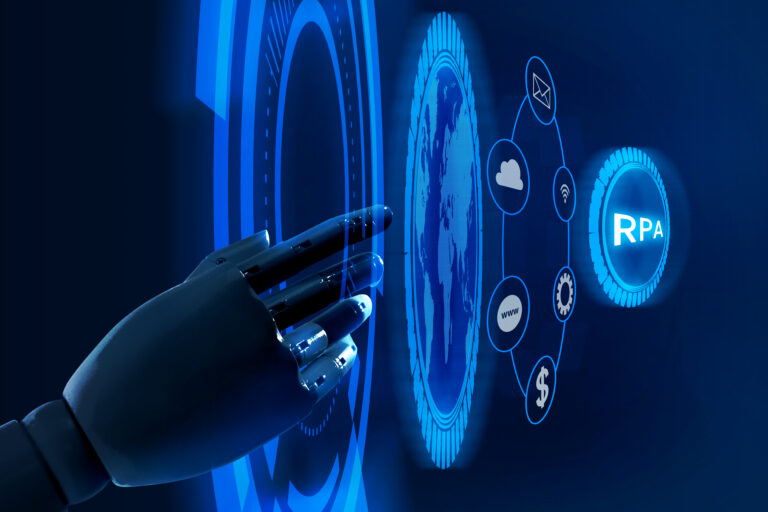Data-driven technological solutions are being highlighted to address growing water scarcity. The use of IoT devices enables intelligent management of water resources at the household, government and agricultural levels. This approach has led to increasing investment in the smart water management market, estimated at $53.6 billion by 2031, with applications ranging from leak detection and prevention to irrigation system automation and problem forecasting. The combination of sensors, data analysis and IoT technologies offers an innovative and essential solution to meet the challenge of water scarcity in the future.
Tag: AI
OIL & GAS 5.0 (STATION 5.0)
Our solutions focus on giving our clients
capabilities to optimize operations in Service Stations and Plants.
Logistics 4.0: technology to win the last mile
The pandemic has boosted e-commerce and home deliveries, highlighting the importance of the "last mile" in the customer experience. Logistics increasingly requires data management and the adoption of technologies such as artificial intelligence, Big Data and the Internet of Things to meet consumer demands. Despite the growth of electronic commerce, digitization in the logistics sector in Spain is still lagging behind. Last mile optimization is achieved through smart warehouses, route optimization with Big Data and real-time tracking, which improves profitability and customer experience.
Industry 4.0: a close challenge for SMEs
Spanish SMEs, especially in the industrial sector, have low penetration of digitization and need to invest in technology and change their culture to maintain their competitiveness. The Plan to Promote the Digitization of SMEs 2021-2025 and the European Union funds for digital transformation seek to encourage the adoption of new technologies. SMEs often have a distant perception of Industry 4.0 and make mistakes by thinking that it only involves having a website and storing data in the cloud. To unlock the true potential of Industry 4.0, SMEs need a comprehensive mix of technologies and a holistic view, supported by technology partners and data experts.
Data as a motor for a new robotics
Compared to other fields, robotics has particular characteristics, because it aims to allow a physical agent to interact with the concrete world.
From competitive to collaborative: how AI impacts the empowerment of human talent
Automation and artificial intelligence (AI) are creating more jobs than they replace. It is expected that by 2025, 97 million new vacancies will be created, exceeding the 85 million workers that are estimated to be replaced. The demand for roles such as data analysts, AI and machine learning experts, data scientists, and synthetic data builders is constantly growing. Furthermore, AI drives hybrid work, where machines perform repetitive and dangerous tasks, while humans focus on higher value-added activities.
Training algorithms: why artificial intelligence should not be left alone
The 65% of companies in Spain run the risk of becoming irrelevant if they do not adopt big data strategies, a growing sector of the annual 30%. Machine Learning allows models to learn automatically, but requires human supervision to avoid negative results, as in the case of the Microsoft bot. Data quality and quantity, as well as accurate and efficient labeling, are key to successful Machine Learning model training.
AI and CDP: The ideal combination to take the customer experience to a new level
The combination of applied intelligence and customer data platforms (CDP) represents a powerful synergy in the field of marketing. CDPs unify data from multiple sources to provide a complete view of each customer, solving the problem of information silos. By combining CDP with artificial intelligence (AI) and machine learning (ML), even greater benefits can be realized, such as the ability to predict behavior and deliver personalized experiences. However, it is important to consider data security and privacy, and this strategy requires continuous evolution to remain effective.
AI and collaboration: partners for the future for Industry 4.0
Industry 4.0 is based on the management of large volumes of information to optimize production in real time. The challenge lies in the efficient capture, organization and management of data, as well as collaboration with all actors in the supply chain. Collaboration and the use of technologies such as Artificial Intelligence are essential to promote digitalization and optimize decision making in Industry 4.0.
Digital transformation as the engine of the vineyard of the future
The wine industry is in an early stage of digital transformation, but with a high potential for technology adoption. Digitization throughout the wine value chain can improve efficiency, traceability and marketing. Artificial intelligence, the Internet of Things and blockchain technology are key tools in this process.











